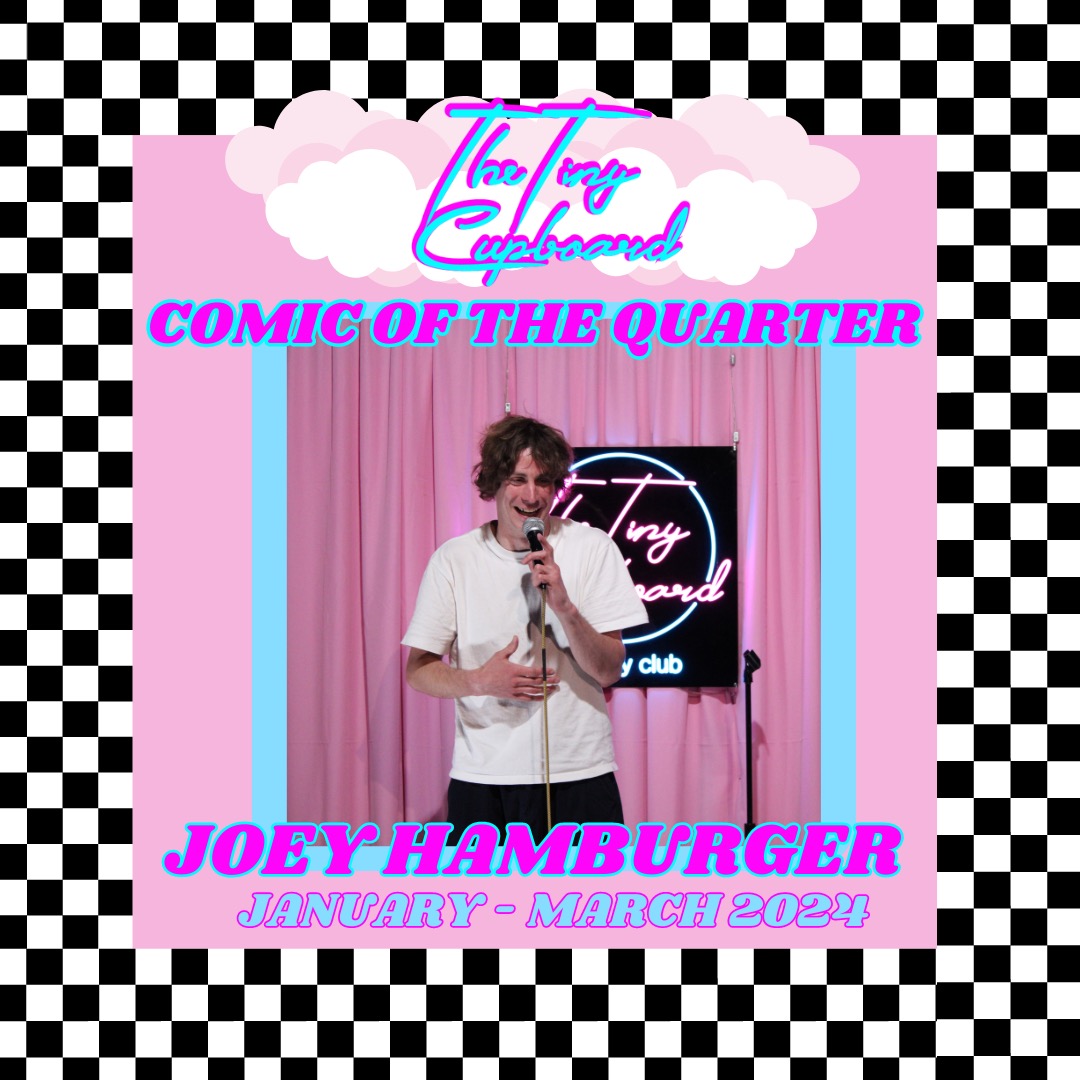Written by Chloe Fimiano
TW: Suicide
I want to take a moment before I write any of this to cherish all comics, especially the ones who felt without hope and didn’t make it to the other side. This article isn’t a judgment on their decision, but instead an argument for remaining hopeful, in a pursuit that can sometimes leave you without it.
I didn’t start comedy until I was 28, but the outright obsession started much earlier. I was obsessed with comedy, comedians, and jokes. I used every party, dinner, and shift at work as my secret stage. I distinctly remember leaving a dinner party and thinking “I crushed” before crushing or murdering meant anything to me.
In my early 20s, I rarely listened to music. Instead, I incessantly listened to interviews with comedians, and every interview with a comic that I consumed felt painful in a way I couldn’t quite articulate yet. They, being comics, were describing their upbringings, values, and lifestyle and listening felt like pressing your tongue against a canker sore. A good kind of pain you can’t stop doing.
At the time I was living in Philadelphia and I had a live-in boyfriend who just didn’t think I was funny. More specifically he would tell me: “you just really don’t have it.” Which was confusing because to everyone else in my life, I was the funny girl.
Even my prom date in 2012, told me I should try stand-up in college, just moments after breaking up with me in my dad’s Ford Explorer. But I responded to my boyfriend at the time, the way most women in their early 20s do: in total delusional agreement. Obviously he saw the truth and everyone else to ever call me funny was a liar and just being nice.
Agreeing with him didn’t stop my affair with comedy though. Every weekend I would go to shows, lurk at open mics as a voyeur, and go for aimless night drives up and down Broad Street and workshop jokes to myself in between SquareSpace ads on Marc Maron. I did this for the entire five years that we dated, multiple times a week. Thankfully though, we were a swift covid breakup, and thankfully everything got much worse from there.
Within a week, I left all my possessions on a curb in Philadelphia, other than my clothes and a few milk crates of chachkies. The following week my grandmother who essentially raised me died, and days after her funeral I drove to California and back with the intent to end my life by jumping off of an overpass somewhere in America. This is a lot of information in one paragraph. And there is a lot of history about my mental health I haven’t included because that’s not exactly what this is about.
What this is about is that at the time, I knew myself enough to know that I never started comedy until I did because I knew I would be one of the ones where it would never be enough.
When comedians commit suicide people are often baffled. I never have been. I often refer to comedy as a demented scavenger hunt because that’s how it feels. It’s a blind pursuit of the next level that doesn’t exist, there are no rules, there is no democracy, and none of it makes sense. Before I did comedy I knew that I loved it enough to ruin my life for it. What I’m grateful for most, is that I didn’t start it until I fully understood the value of my life enough to not end it in the name of comedy.
The minute I moved to New York and did my first open mic, everything in my life began to fall into place. It didn’t become perfect, but I stepped into the flow of my life I was previously resisting. One where I had a voice. One where I was open, and tenacious, and done denying myself of the pursuit of happiness.
And I am happy, but wise enough to know it’s unnatural the way we live as comics. We are taking an art that hinges on ephemera, begging it to make us permanent. This is where I implore you, my fellow comedian, to just be here now. You don’t have to fail at this. Comedy doesn’t have to ruin you. You can survive every dreaded spiral and comparison, by reminding yourself that you are a part of a tradition that is meant to set you free and you are a part of comedy history, honestly even if you suck, just by doing it.
And if you love comedy, that should always be enough. I felt the same amount of joy crushing dinner parties as I do crushing on stage. It’s not the stage you’re on, it’s connecting with another human and telling the joke that truly only you can tell. That doesn’t feel like enough everyday. I won’t lie to you, I want to be great at comedy. But I also want to be free, and this art is always meant to set us free.

